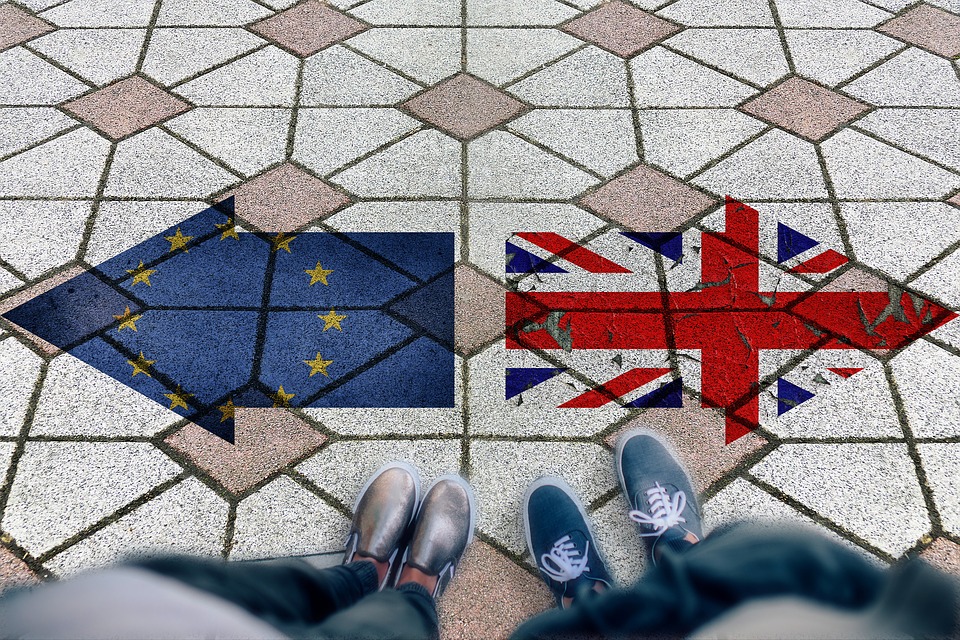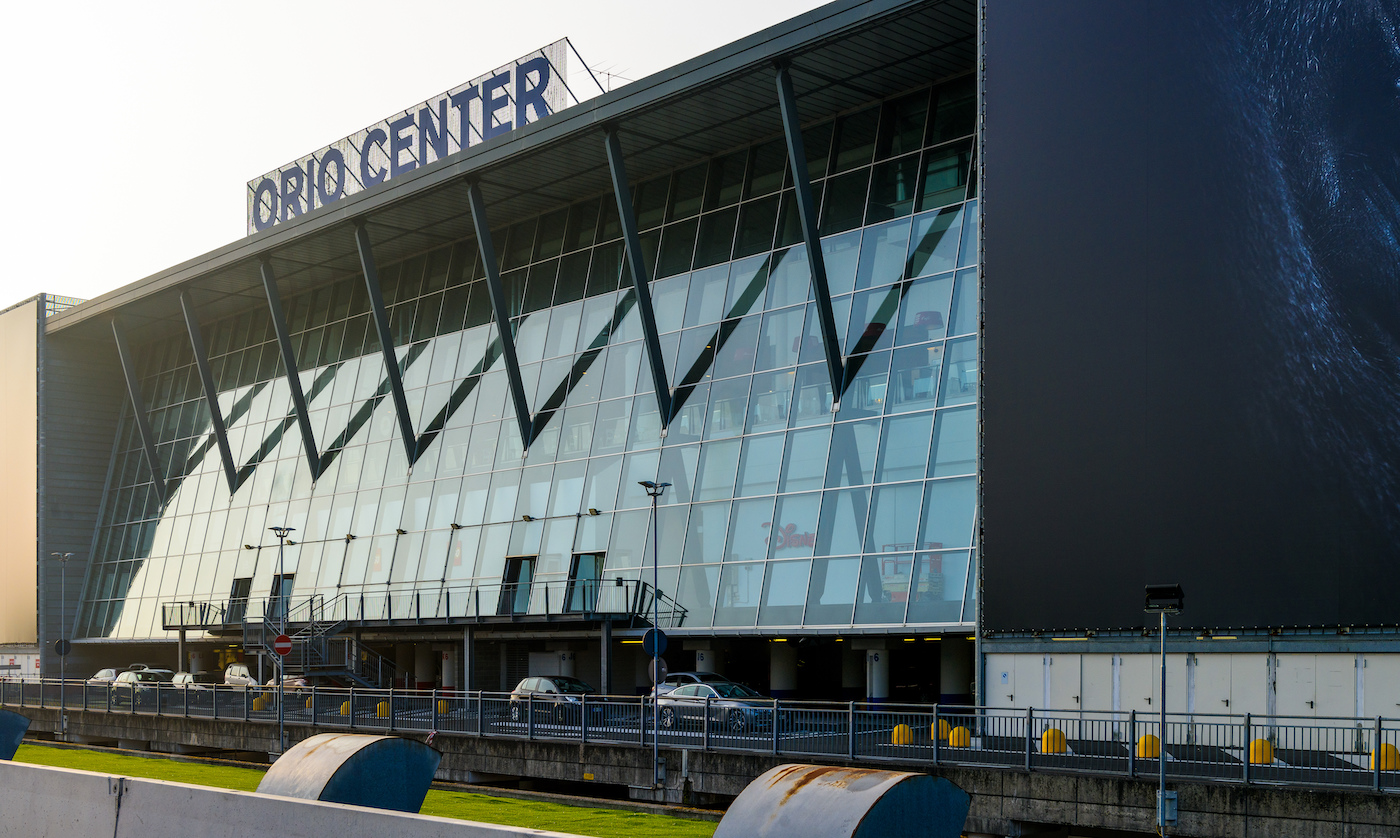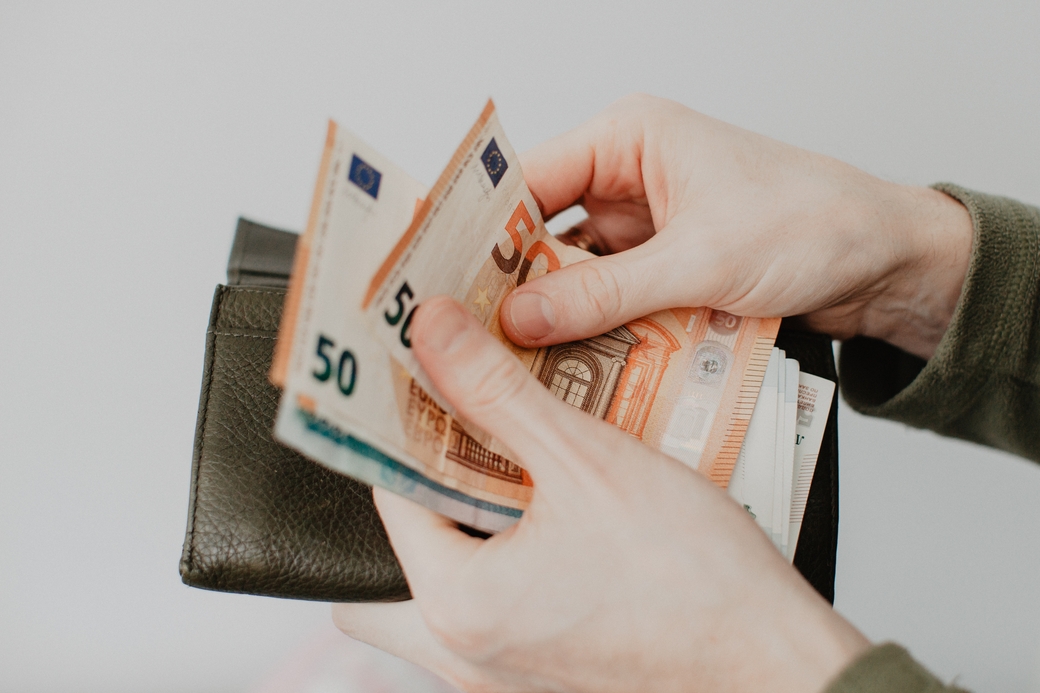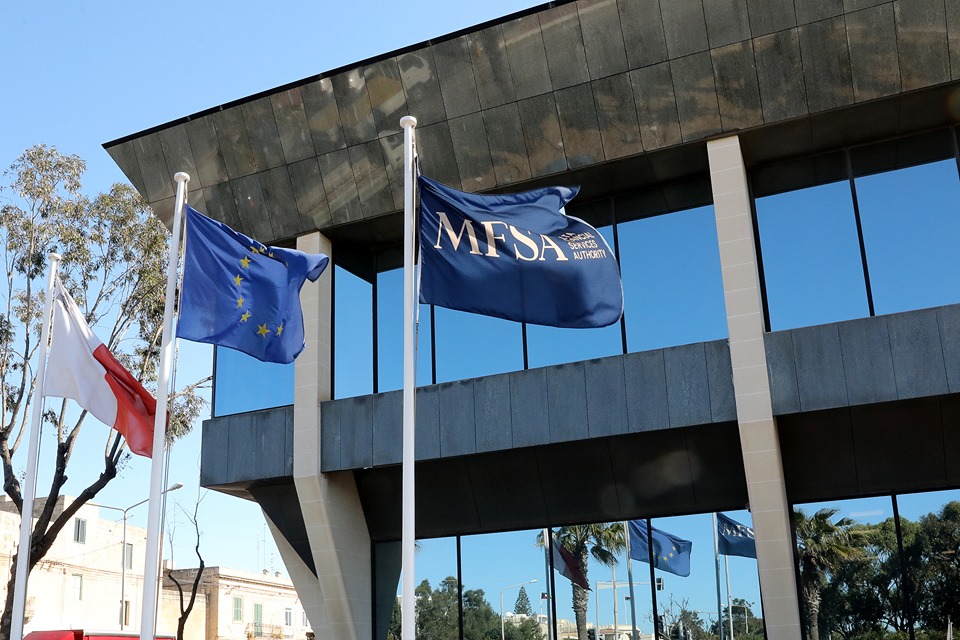As businesses continue to adapt to the EU-UK trade agreement reached on 24th December 2020, confusion remains around the impact of the agreement on trade between the UK and the EU.
A key component of this concerns the transferral of goods. The deal made strides in the facilitating of tariff-free imports and exports between the UK and the EU, although the eligibility of certain goods for these measures is unclear to many.
At a webinar run by the Malta Chamber on Tuesday, titled “Deciphering the Brexit deal for business”, Alan Mamo, director of compliance and systems at the Customs department aimed to clarify the rules surrounding imports and exports.
The UK is no longer a part of the EU Customs Union, and as such, trade is now governed by the EU-UK Trade and Cooperation Agreement.
As such, as of 1st January 2021, some UK goods are eligible for zero tariffs (though VAT is always applied).
What qualifies for tariff-free trade?
An important qualifier, relating to the origin of the product, needs to be fulfilled for goods taking advantage of this beneficial tariff-free agreement.
Rules of origin determine the “economic nationality” of a good, and the rules that dictate this are unfortunately rather complicated, which has led to a level of confusion, according to Mr Mamo.
He confirms there were numerous Maltese importers in the first six weeks of 2021 that did not adequately prepare for the changes. Many of these importers, Mr Mamo said, erroneously imagined that the achieving of the Brexit deal would allow an uninhibited transport of goods.
This is because many importers and exporters in Malta had never traded outside of the EU, or indeed with any country except the UK.
Mr Mamo lays out the stages exporters need to fulfil in order for the importer to take advantage of rules of origin beneficial tariff rates.
Firstly, the exporter needs to classify the goods, as different rules apply to different types of product. Then they must understand whether the goods meet the rules of origin relevant for that classification of product. Finally, they must understand how to demonstrate the origin of the goods to relevant customs authorities.
There are a few possible ways a good could be considered to originate in a particular country:
Firstly, if the good was wholly produced/grown in a particular country, using materials also originating in that country, then the product will be eligible.
Failing this, a proportion of the value of the good must be generated in a particular country. The exact proportion varies depending on the classification of the product.
Furthermore, some goods might be eligible if a certain level of their production/processing was carried out in the given country.
Proving origin
Assuming that the product meets these standards, the importer is then required to prove the goods meet the rules of origin.
Exporters are required to provide details about a products origin. To do so, they will usually have to acquire evidence of origin from his supplier, which could take the form of a supplier declaration.
Then the exporter can self-declare the good meets the rules, by making out a statement of origin and sending this to their client. However, Mr Mamo reiterates that to do so, the exporter must have a supplier declaration.
Apart from by using a statement of origin, importers may take advantage of the tariff rules, based on their knowledge.
This knowledge must be based on information in the form of supporting documents or records provided by the exporter or manufacturer of the product, and must be in the importer’s possession, or they will be in breach of the rules.
Exceptions
There are some possible exceptions to the aforementioned requirements.
Notably, if traders move goods through Great Britain from one EU Member state, without the product entering circulation in the UK, then upon their return to the EU they may not need to meet the rules of origin.
Otherwise, for “small consignments” under the value of €500 sent between private individuals, people do not need to prove origin, or pay tariffs (but will still have to pay VAT). The same threshold for travellers goods is €1,200.
Malta flights to Bergamo suspended following fatal incident
An incident resulted in the cancellation of several other flights, with some flights being redirected to nearby airport
Malta’s business economy grows by 15.6% in 2023
While large enterprises continue to play a leading role, SMEs and micro-businesses remain vital pillars of the economy
MFSA and Central Bank warn of loan and email scams
Both institutions urged the public to report suspicious activity and avoid sharing personal data with unverified sources






